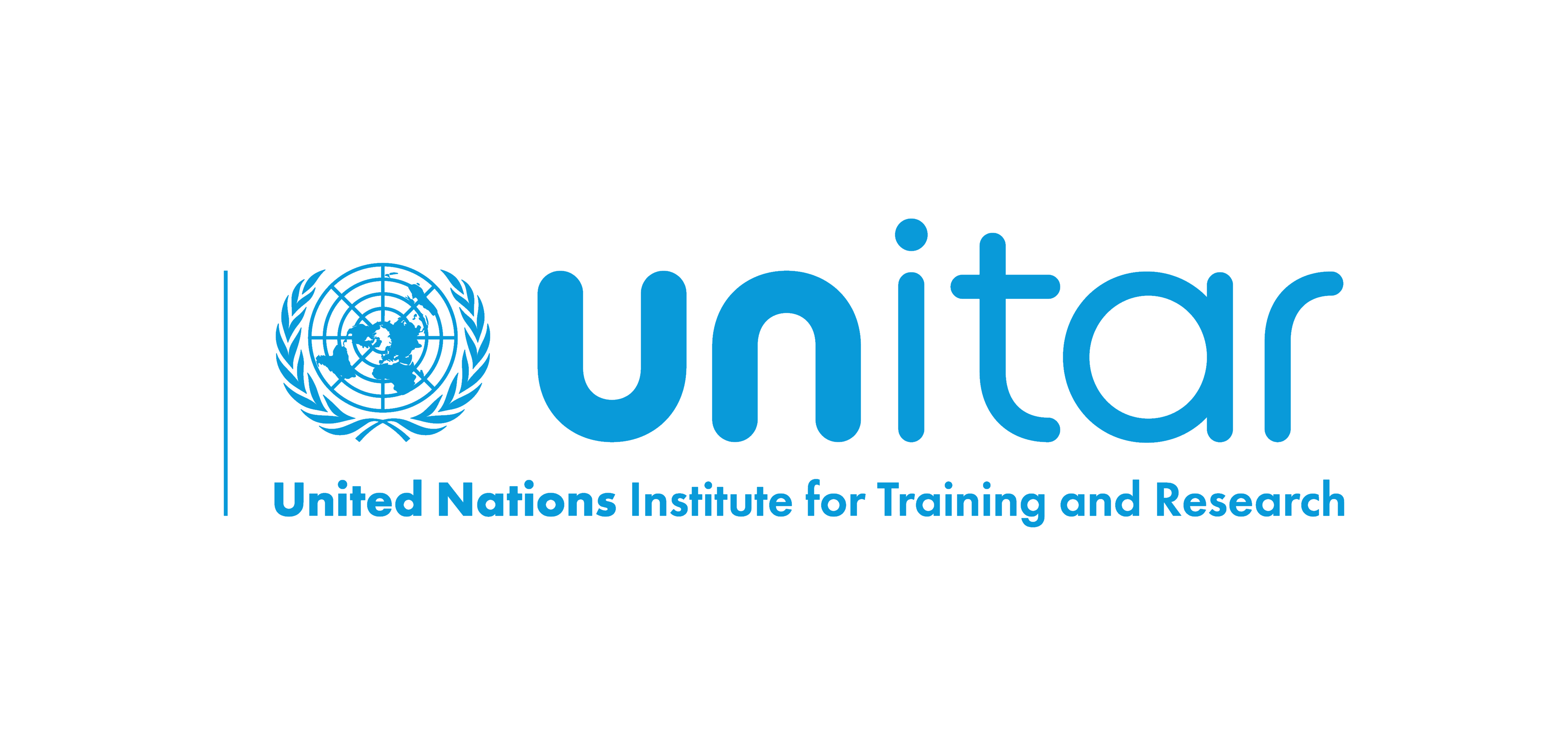UNCCD COP16 Countdown
Days
Hours
Minutes
Seconds
All times shown in KSA (UTC+3)
Sign up for COP16 updatesA global call to combat land degradation
The degradation of natural landscapes impacts the wellbeing and livelihoods of ~3.2 billion people - that’s a staggering 40% of the world’s population - and poses significant risks to businesses by disrupting supply chains, increasing operational costs, and reducing the availability of essential resources.
The sixteenth session of the Conference of the Parties (COP16) of the United Nations Convention to Combat Desertification (UNCCD), takes place in Riyadh this year, and presents a critical opportunity for businesses, especially in the Middle East, to engage with pressing issues that directly impact their operations, resources and - ultimately - their bottom line.
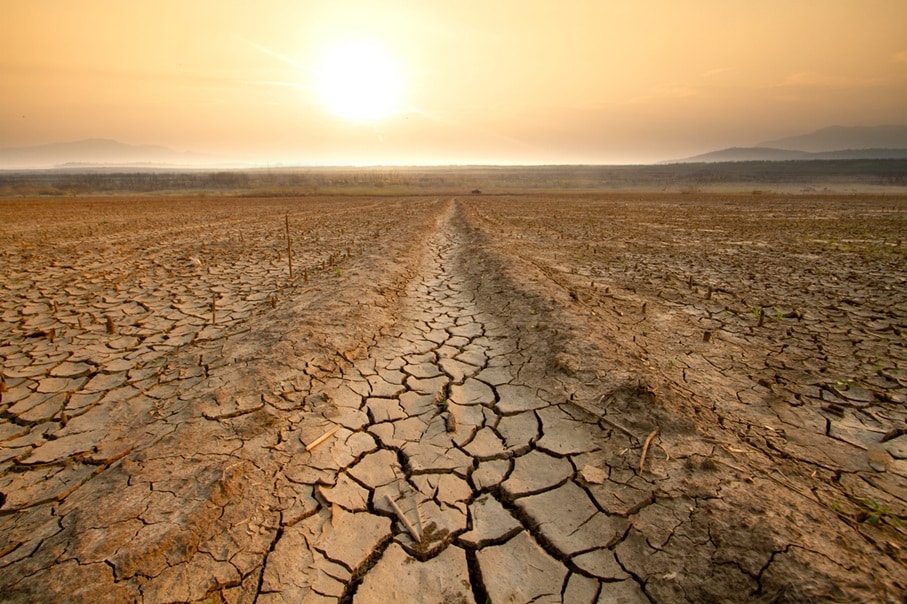
Why COP16 matters
COP16 presents a critical opportunity for businesses, especially in the Middle East, to engage with pressing issues that directly impact their operations, reputation and long-term sustainability. Here’s why the private sector should care:
- Environmental risk & resilience
- Navigating regulatory compliance and sustainable incentives
- Enhancing reputation and brand through sustainability
- Driving growth through sustainable innovation and investment
- Building impactful collaborations for sustainable growth
- Aligning strategies with long-term sustainability goals
- Strengthening community impact through social sustainability
Environmental risk & resilience
Land degradation, drought, and climate change threaten supply chains, resource availability, and operational stability across the Middle East, driving up costs, disrupting supply chains, and increasing financial risks. Recognising these risks enables businesses to safeguard investments and build resilience.
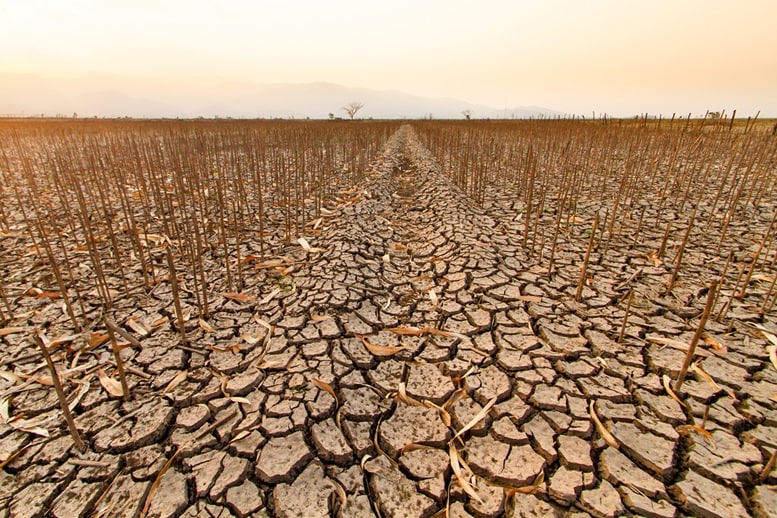
Navigating regulatory compliance and sustainable incentives
As governments tighten regulations around land use and sustainability, businesses must adapt to comply with new laws. Participating in discussions around COP16 can provide insights into future regulations, enabling proactive compliance and potential access to government incentives for sustainable practices. It can also help shape future regulations in tune with the needs of business.

Enhancing reputation and brand through sustainability
Consumers are increasingly prioritising sustainability. Engaging in sustainable land management and restoration efforts can enhance brand reputation, attract environmentally conscious customers, and differentiate businesses in a competitive market.
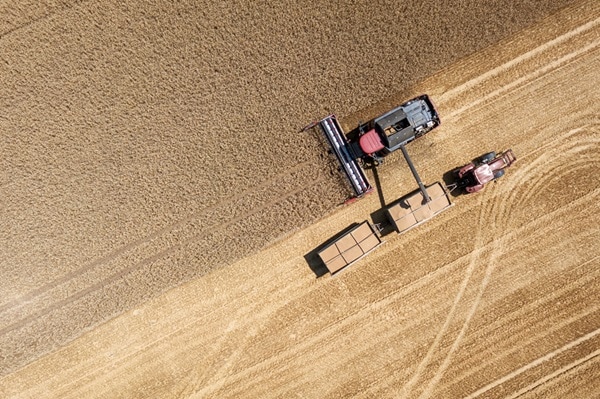
Driving growth through sustainable innovation and investment
The themes at COP16 highlight areas for innovation, such as sustainable agriculture, land restoration technologies, and climate-resilient practices. Businesses that invest in these areas can tap into new markets and drive growth while contributing positively to the environment.
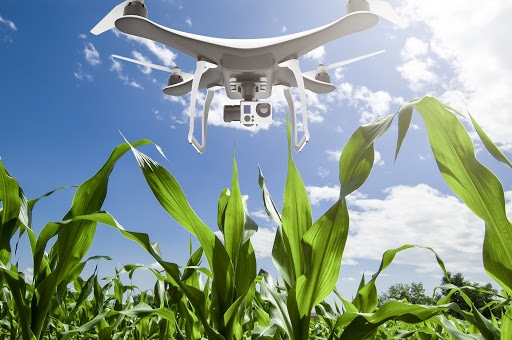
Building impactful collaborations for sustainable growth
COP16 offers a platform for collaboration on land sustainability among governments, NGOs, and businesses. Companies can form partnerships to advance land-focused initiatives, exchange knowledge, showcase land management innovations, and leverage shared resources for mutual benefit.

Aligning strategies with long-term sustainability goals
Aligning business strategies with global land sustainability goals supports both corporate objectives and long-term viability. Engaging with COP16 themes helps businesses shape land-focused strategies that contribute to ecosystem health, sustainable resource use, and broader societal goals.
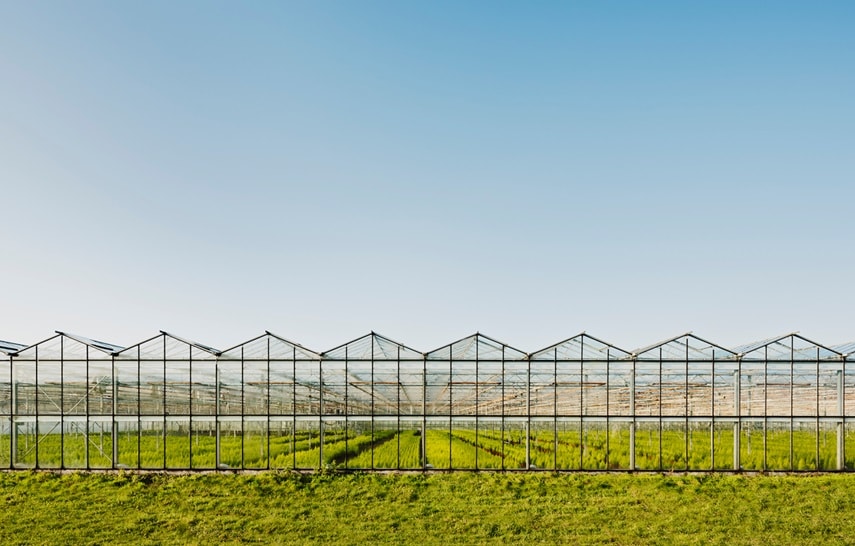
Strengthening community impact through social sustainability
Topics like migration and gender in land management highlight the social dimensions of sustainability. Land degradation often drives migration and disproportionately impacts vulnerable groups, including women in land-based roles. Addressing these issues helps businesses strengthen community ties and support a stable operating environment.

Join us in Riyadh!
Visit our PwC Middle East booth at the Green Zone
We’d love to see you at our booth in the Private & Public Sector Pavilion within the Green Zone. Join us there to:
- Recharge and enjoy a coffee while engaging with our sustainability and nature experts.
- Experience our Built Environment Virtual Reality Simulation, offering insights into sustainable development.
- Explore insights from Arabian Gambit, a book by Strategy& partners Dr. Yahya Anouti and Dr. Shihab Elborai, featuring the latest thinking on the Middle East’s green advantage and the energy transition.
Taking the stage
Join us in the Green Zone for the following events. Register here to sign up.
Bridging the Divide: Climate-Smart Farming Technologies for a Resilient Agri-Food Future
Speakers: Aya Hallah and Amir Assi, Strategy& Middle East
Date: 5 December, Thursday
Time: 12:00 - 13:00
Location: Pavilion 4, Green zone area
Overview:
This session will examine climate-smart farming technologies on a global scale, looking at both low-tech and high-tech solutions and how they are implemented across various regions. We will focus on how these technologies are supporting sustainable land management and climate adaptation in the agri-food sector, with particular emphasis on regional differences, such as between the GCC and other areas.
Unlocking the future of sustainable real estate in Saudi Arabia
Speakers: Christiane Conrads, PwC Germany and Firas Hassan, PwC Middle East
Date: 7 December, Saturday
Time: 15:30 - 16:00
Location: Pavilion 3, Green zone area
Overview:
This session will bring together key stakeholders to explore how urban development in Saudi Arabia can align with global ESG trends. With a focus on social sustainability, the discussion will highlight innovative tools and strategies to help stakeholders drive long-term value creation in support of Vision 2030.
Accelerating Autonomous Sustainability Monitoring through Space Data
Speakers: Irina Niculicea, PwC Middle East
Date: 9 December, Monday
Time: 10:00 - 11:00
Location: Pavilion 3, Green zone area
Overview:
In this session we will showcase technological innovation (space innovation in particular) and how this can be used for monitoring the land’s health and ecosystems more autonomously to derive data-driven insights not possible before by fusing different types of data.
From land degradation to land stewardship
Speakers: Samer Al Chikhani, Strategy& Middle East
Date: 11 December, Wednesday
Time: 11:00 - 12:30
Location: Pavilion 3, Green zone area
Overview:
Land degradation is increasing at an alarming rate, with almost 2 billion hectares of land considered degraded. Numerous global initiatives have been launched to address this challenge, yet most are falling behind on their promises. This session seeks to delve into the key enablers needed to boost action towards land stewardship, including financing and private sector engagement, R&D and scientific advancement, education and awareness, among others.
Green Tech Horizons: Industrialising Net Zero Ambitions
Speakers: Jon Blackburn, PwC Middle East
Date: 11 December, Wednesday
Time: 15:30 -16:30
Location: Pavilion 4, Green zone area
Overview:
This session will explore the critical role of climate technology in driving Saudi Arabia’s path to net zero. It will begin by setting the scene for climate tech in the region, focusing on investment levels across various emerging technologies, the maturity of start-ups, and the positive impact they can have, including nature-based solutions. The discussion will also cover trends in venture capital, challenges for start-ups, and gaps in under-funded technologies, highlighting where investment is most needed to accelerate progress.
Unlock Insights from the PwC & UNITAR Webcast - COP16 UNCCD ‘Our Land. Our Future’
In preparation for the sixteenth session of the Conference of the Parties (COP16) to the United Nations Convention to Combat Desertification (UNCCD), scheduled in Riyadh from 2-13 December 2024, we collaborated with the United Nations Institute for Training and Research (UNITAR) to host a webinar. This session delved into the key themes of COP16 and their implications for both businesses and society. The webinar focused on:
📌 Explore COP16’s main themes, including migration, drought, dust storms and sustainable land management—to highlight risks and adaptation needs for businesses.
📌 Outline COP16 goals on desertification and land degradation, underscoring the importance of global collaboration for resilient supply chains and sustainable business practices.
📌 Examine land degradation’s impact on communities and economies, showing how businesses can drive restoration and sustainable growth through innovation and partnerships.
Our Keynote Speakers:
Samer Al Chikhani, Government and Public Sector Practice Partner, Strategy& Middle East
Sarah Toumi, Private sector and Donors Engagement Lead, UN Convention to Combat Desertification (UNCCD)
